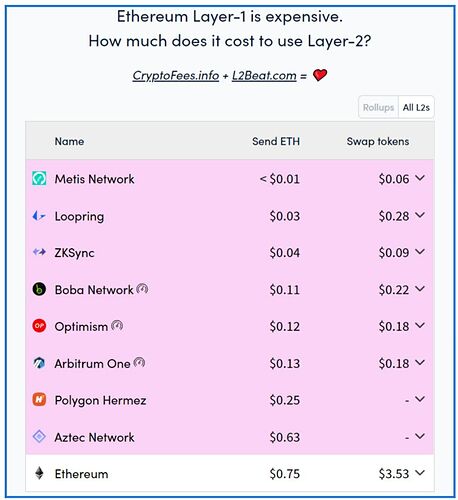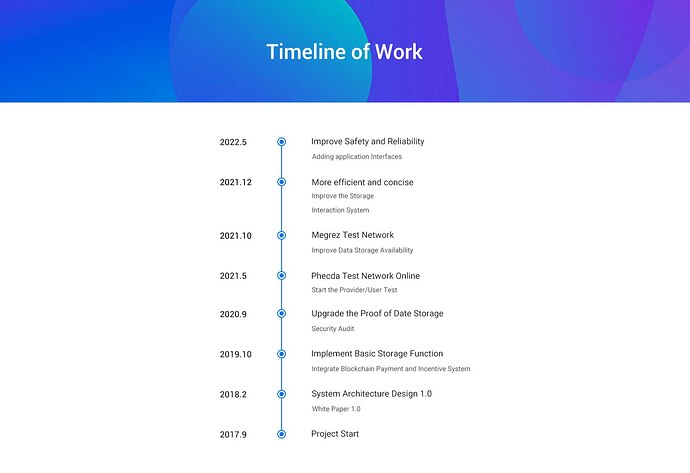Background
Data is an important commodity. The world now hinges on data for its survival. History could have lost if data were not preserved over the course of humanity’s existence. Over the last 30years, the evolution of storage has gone from the direct attached storage rendered by devices such as hard disk drives to the public cloud services that most enterprises use today. The business model however will essentially change as decentralised storage becomes one of the building blocks of Web3 infrastructure.There is no iota of doubt this is for a good course. Decentralised storage presents considerable advantages when contrasted with the server-based cloud storage of today, both for clients and for independent service providers. Centralised Cloud storage services suffer from a number of pain points that are solvable by the new storage model.
Server-based storage is not always verifiable and provides no guarantees of the immutability or preservation of data. Pricing for these services is not competitive since the market is monopolized.
That notwithstanding, the production of data is nothing more than increasing each day . IDC projections predicted about 3x increase in data creation from 2020 to 2025, for a total of 175 zettabytes . Large percentage of this data will be produced by enterprises who rely heavily on these centralized cloud services for their data needs. The assumption that most of this data will migrate to decentralized operators over time is not far-fetched given their benefits. A lot of it might even be generated in Web3-native environments. The growing concern of these data sets necessitates the need for a decentralized cloud storage layer.
Summary
MEMO is a new-generation decentralised worldwide storage protocol that organizes all idle storage devices to provide users in need cloud computing services .MEMO provides affordable decentralised cloud storage service for businesses and individuals alike. Lower fee does not mean lower quality, instead MEMO is a high tech product built based on blockchain, that is decentralised with data layering mechanism features such as erasure coding . These layering mechanisms provide great features such as data duplication, fixability ,high data privacy ,data hierarchy architecture, and public verification algorithm, multi-level fault tolerance mechanism and data recovery strategy ensuring high privacy ,security and user autonomy. The Metis Andromeda Network went live on Memo’s decentralised cloud storage layer and since then fees has dropped significantly making Metis now the cheapest of all Ethereum layer-2 infrastructures.
This integration now allows Metis to transfer the transaction data to the MEMO decentralized storage layer without directly storing transaction data on Ethereum. Its Sequencer first stores a large volume of transaction data on MEMO and then publishes the storage index of the transaction data on Ethereum
The protocol is however not without token. With the advent of blockchain serving as solution to data breaches by making data immutable and cornerstone for decentralized data storage, the Memolab team has designed the Memo token (MetaMemo) which is cryptographically compliant,will serve as the main token for storage,retrieval and download services. Because consumers in need of cloud computing services are billed in the native token, this fee generated eventually goes to keepers and providers. This in effect incentivizes the nodes to continuously secure the network as proportion of revenue generated is reimbursed to storage providers and matchers,keepers who are constantly mapping storage availability to those in need of storage services.
The protocol has been designed in such a way that anyone who wants to call any storage function to store data,retrieve data or download data would need to pledge /stake token to be able to have access. This is designed that way to regulate the behaviors of keepers and provider nodes to always advocate reliable services.The token will in future give rights to holders to participate in the governance of the protocol and decide on future governance mechanisms
Unique features of Memo
![]() Innovative data hierarchy architecture
Innovative data hierarchy architecture
![]() Public erification algorithm
Public erification algorithm
![]() Multi-level Fault Tolerance Mechanism
Multi-level Fault Tolerance Mechanism
![]() Risk-Aware Failure Identification
Risk-Aware Failure Identification

